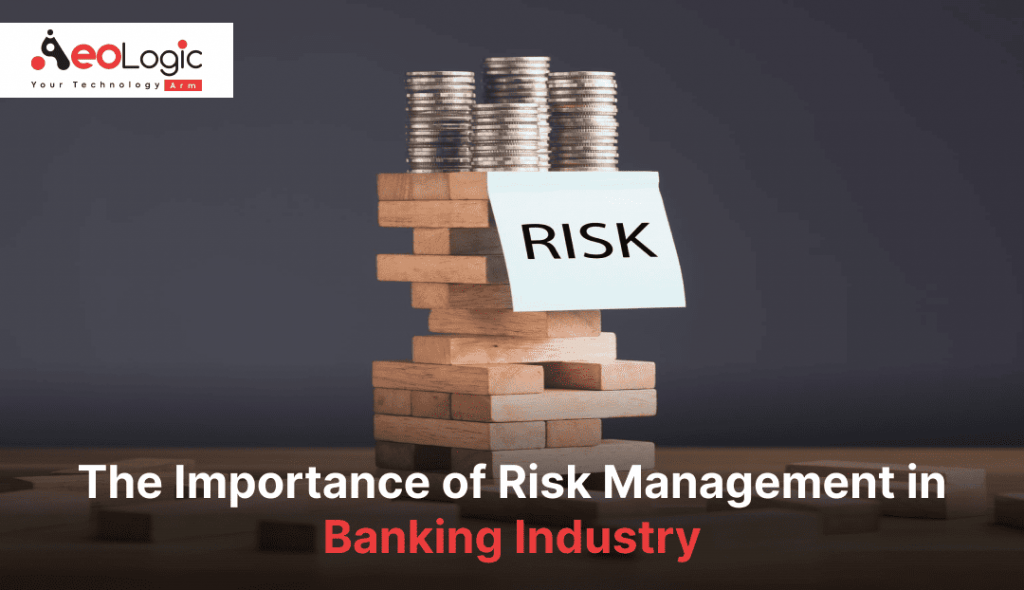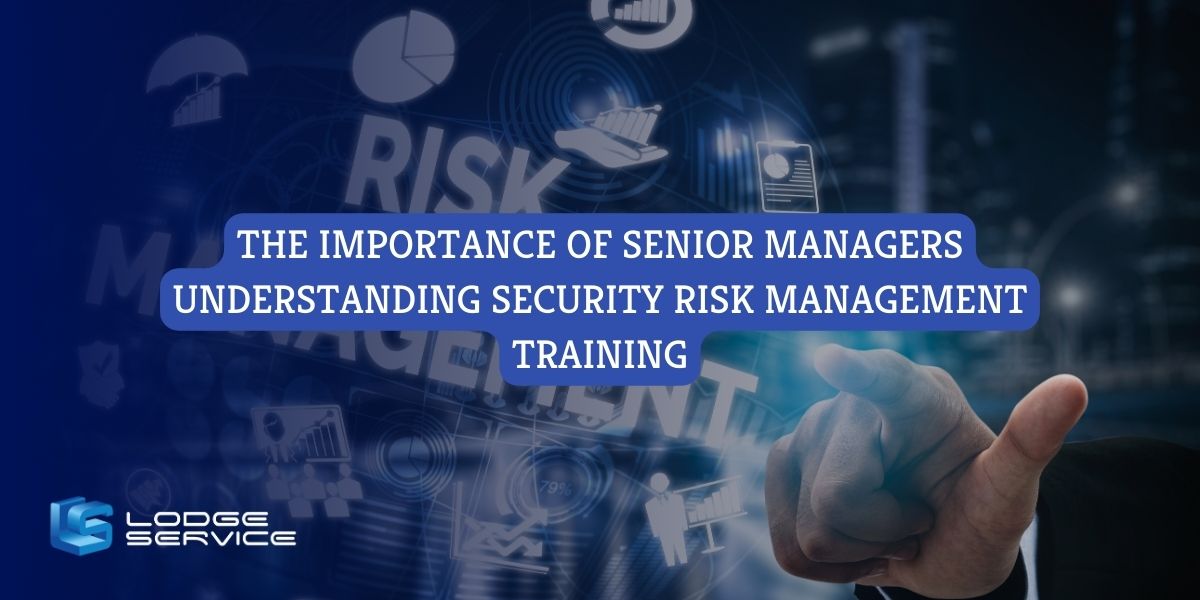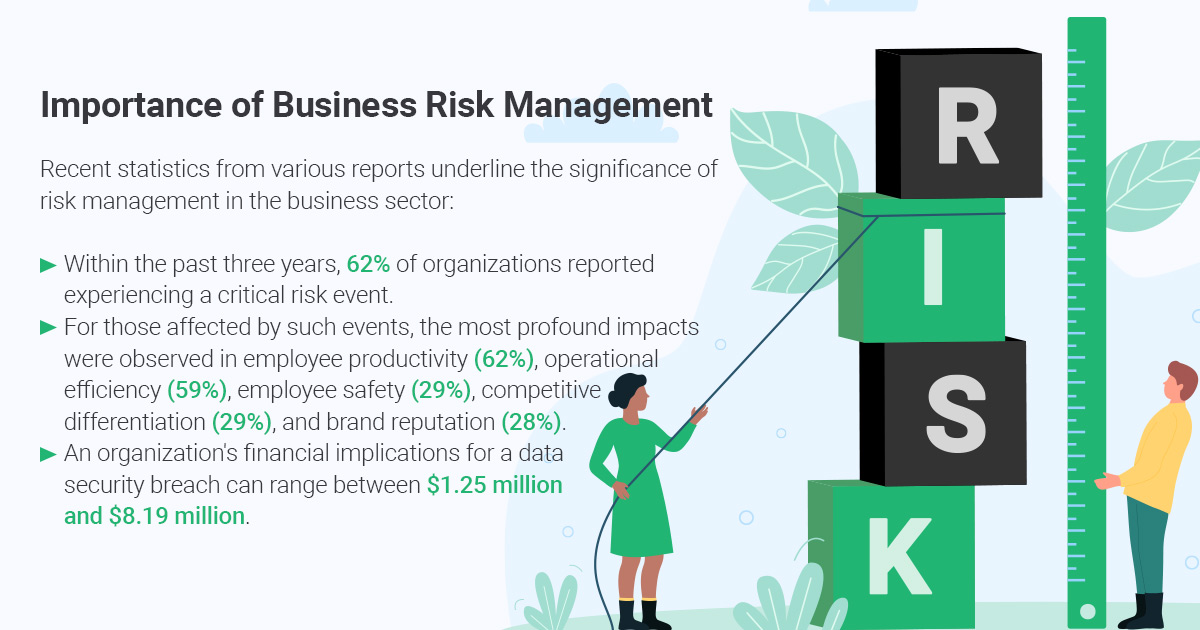The Wide-Spread Importance of Risk Management in International Supply Chains
The Wide-Spread Importance of Risk Management in International Supply Chains
Blog Article
Checking out the Significance of Risk Management for Effective Decision-Making Strategies
In the complex globe of business, Risk Management arises as a crucial variable in the decision-making procedure. The capability to determine possible hazards and chances, and plan accordingly, can spell the distinction in between success and failing.
Understanding the Idea of Risk Management
Risk Management, a vital element in decision-making, is frequently misunderstood or oversimplified. Risk Management includes self-displined and organized strategies, making use of information and informative analyses. From financial uncertainties, lawful responsibilities, calculated Management errors, to crashes and all-natural calamities, it resolves different dangers - importance of risk management.
The Function of Risk Management in Decision-Making Processes
In the world of critical planning and organization procedures, Risk Management plays an important role in decision-making processes. Risk Management thus ends up being an essential tool in decision-making, assisting leaders to make informed choices based on a thorough understanding of the threats included. Risk Management serves as a crucial component in the decision-making processes of any company.

Just How Risk Management Boosts Strategic Preparation
In the context of tactical preparation, Risk Management plays a pivotal function. Initiating with the recognition of prospective dangers, it additionally includes the implementation of Risk reduction measures. The duty of Risk Management is dynamic yet not static, as it requires constant surveillance and adjusting of techniques.
Recognizing Prospective Risks

Applying Risk Reduction
Having developed the significance of determining potential threats, the following action is to explore Risk reduction. This procedure includes developing and executing strategies to handle determined dangers effectively. It is an important aspect of calculated preparation as it boosts decision-making by decreasing possible unfavorable end results. Risk reduction techniques can range from Risk avoidance, Risk transfer, to run the risk of decrease. Each method should be customized to the certain Risk, considering its potential effect and the organization's Risk resistance. Moreover, reliable Risk mitigation calls for a deep understanding of the Risk landscape and the potential influence of each Risk. This understanding enables organizations to prioritize dangers and allocate sources successfully, guaranteeing that one of the most substantial dangers are attended to initially.
Tracking and Changing Methods
Though Risk reduction is an important step in tactical planning, continuous surveillance and adjustment of these approaches is similarly vital. It additionally gives a chance to examine the success of Go Here the Risk Management actions, allowing modifications to be made where necessary, more boosting calculated preparation. Monitoring and readjusting Risk Management techniques is a crucial element for enhancing a company's durability and tactical planning.
Situation Studies: Successful Risk Management and Decision-Making
In the globe of organization and finance, effective Risk Management and decision-making typically work as the pillars of flourishing enterprises. One such entity is an international oil company that alleviated economic loss by hedging against fluctuating oil prices. In an additional circumstances, a tech start-up grew by recognizing and approving risky, high-reward strategies in an unstable market. An international bank, faced with regulatory unpredictabilities, effectively navigated the scenario via aggressive Risk assessment and vibrant decision-making. These situations highlight the worth of astute Risk Management in decision-making processes. It is not the absence of Risk, yet the Management of it, that frequently differentiates effective business from unsuccessful ones. These cases emphasize the critical function of Risk Management in critical decision-making. importance of risk management.
Tools and Strategies for Reliable Risk Management
Navigating the elaborate labyrinth of Risk Management calls for the best collection of devices and techniques. These devices, such as Risk registers and warmth maps, help in determining and analyzing potential threats. Methods include both measurable methods, like level of sensitivity analysis, and qualitative methods, such as SWOT analysis. These aid in focusing on risks based on their prospective effect and likelihood. Risk response methods, a vital part of Risk Management, include approving, avoiding, moving, or mitigating risks. Surveillance and controlling dangers, with normal audits and testimonials, guarantee that the strategies continue to be efficient. With these methods and tools, decision-makers can navigate the complicated landscape of Risk Management, this therefore helping with informed and effective decision-making.
Future Trends in Risk Management and Decision-Making Methods
As we explore the large landscape of Risk Management, it ends up being apparent that the techniques and devices used today will continue to advance. The principle of Risk society, where every member of an organization is mindful and included in Risk Management, will gain more prominence. These fads herald a more inclusive and proactive technique Learn More in the direction of Risk Management and decision-making.
Final thought

Risk Management thus becomes a vital device in decision-making, helping leaders to make enlightened choices based on a detailed understanding of the dangers involved. Risk mitigation approaches can vary from Risk avoidance, Risk transfer, to run the risk of reduction (importance of risk management). Reliable Risk mitigation requires a deep understanding of the Risk landscape and the prospective effect of each Risk. Risk action methods, a vital component of Risk Management, include approving, preventing, transferring, or mitigating risks. The idea of Risk culture, where every participant of an organization is conscious and entailed in Risk Management, will certainly obtain more prestige
Report this page